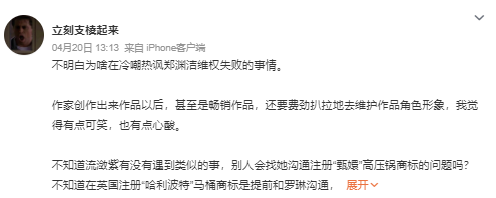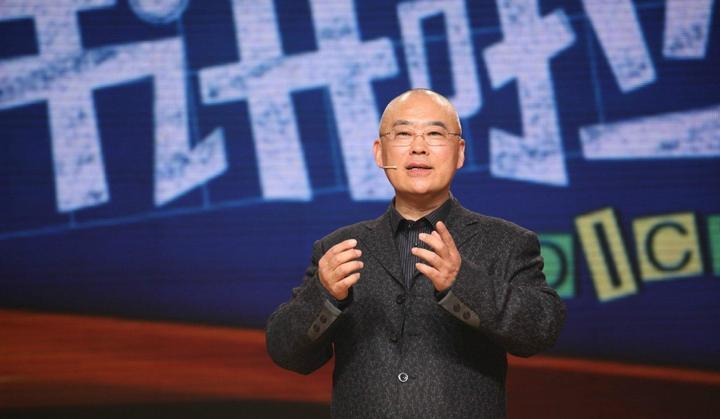The News
One of China’s best-known fiction authors, whose work is often dubbed as China’s Grimms’ Fairy Tales, has called it quits over the country’s failure to uphold copyright and trademark laws.
In a Tuesday Weibo post — China’s equivalent of Twitter — Zheng Yuanjie wrote that he had “lost confidence in rights protection” and would no longer work to defend 673 pieces of his works and literary characters currently involved in trademark disputes. He added that he would continue writing but that none of his works would be made public going forward.
“From today, I bid farewell to trademark rights protection,” Zheng wrote. “I still write every day, but the works I have written, including the novels I have written, will never be published again, because if I publish them, I will face trademark infringement and it will be difficult to successfully defend my rights.”
In this article:
Know More
In his Weibo post, Zheng claimed that since 2002 numerous companies have used references to his stories in order to market things ranging from restaurants to gas valves, to products used for artificially inseminating livestock.
Zheng claims that he has only successfully defended 37 of 710 infringement complaints in the past 21 years, adding that each one took an average of six years to fully process.
He has been vocal about his frustrations for several years now but added that one of the last straws was when China’s Intellectual Property Administration warned him in 2021 to stop discrediting the reputation of the trademark office or “bear the consequences.”
Zheng subsequently stopped publishing his children’s Fairy Tale King magazine in December 2021 that had been running for 36 years.
Quoteworthy
“Works are the children of writers. No guardian will take lightly any risks their children may encounter, and will take any foolproof measures.”
— Author Zheng Yuanjie
The View From Weibo
The reaction on Weibo was mixed. Many users expressed sadness that Zheng would no longer be publishing his work, but several others said that some of his claims were too outlandish.
“Fortunately my surname is not Zheng, otherwise I am really afraid that the defendant will infringe on my rights one day,” posted one user, appearing to mock Zheng for his claims.

“He has sued rightly, and wrongly, but it is impossible for people not to make mistakes,” posted another person.
Others were more sympathetic.
“I don’t understand why [people] are mocking Zheng Yuanjie’s failure to defend his rights,” posted one user. “After a writer has created a work... he still has to work hard to maintain the image of the characters in the work. I find it a bit ridiculous and sad.”

Step Back
Hailed as China’s “King of Fairytales,” people who grew up with Zheng’s books praise the author for using stories of talking animals and fantasy adventures to deal with serious themes like government corruption and sexual assault.
However, literary reviewers note that he has struggled to maintain his popularity as children’s entertainment began shifting to other mediums like the television and internet. Much of his fan base now comprises of middle-age adults who grew up reading his stories.
Like Zheng, many have criticized China for failing to uphold intellectual property laws. The country leads the world in the number of counterfeit or pirated products, according to a U.S. report, with an abundance of “fake markets” where people can buy knockoff items of their favorite brands.
Experts say the country does little to intervene in copyright and trademark matters because the government favors economic development over individual rights and consumers prefer cheaper products.


